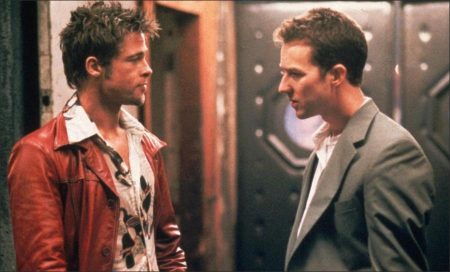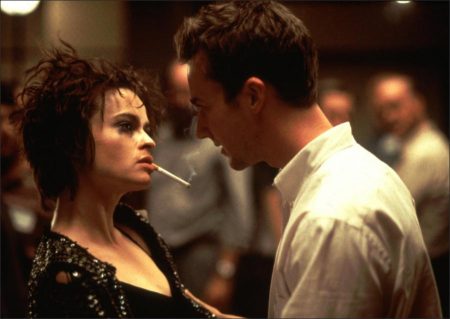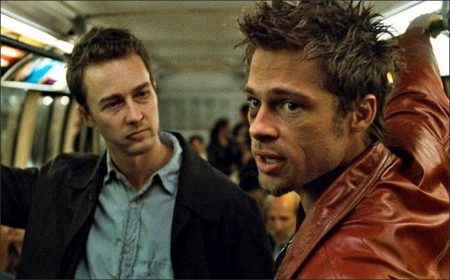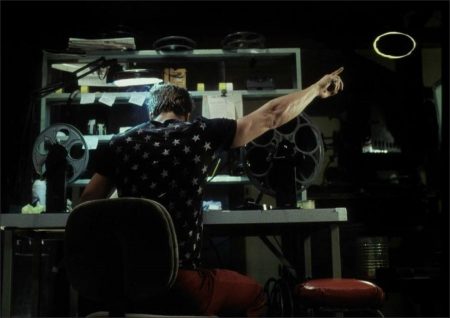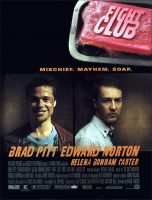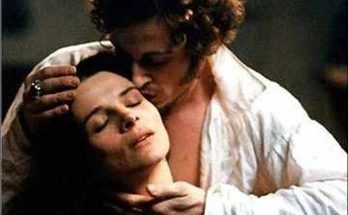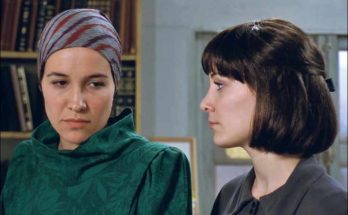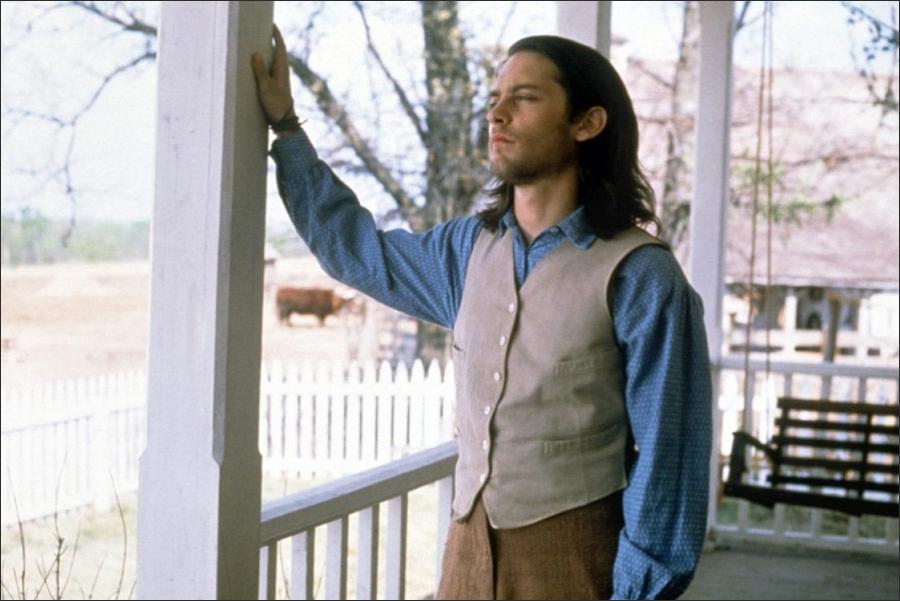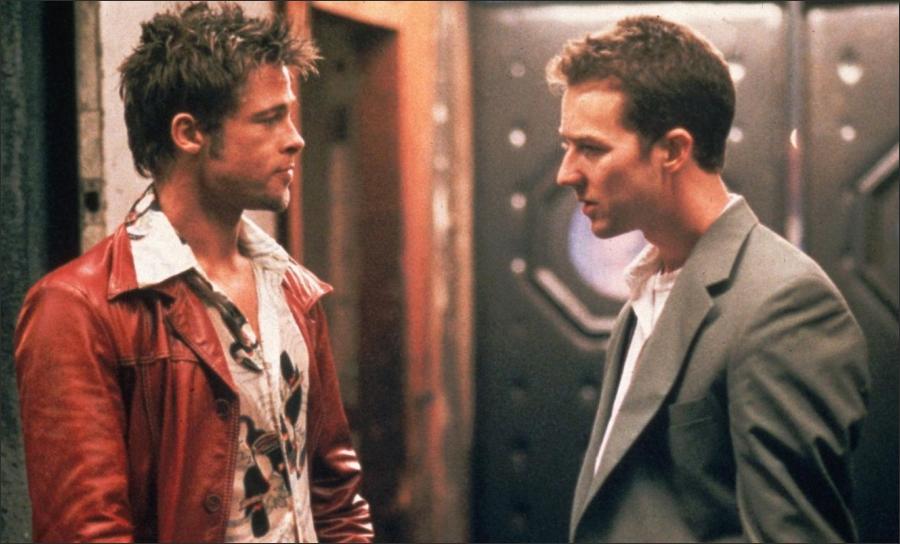Taglines: Mischief. Mayhem. Soap.
Fight Club movie storyline. A young urban professional who works for a major car manufacturer can’t sleep. Although he doesn’t have any of the associated afflictions, he stumbles across support groups as a means to let out whatever emotions he is feeling, which in turn allows him to sleep.
But the use of these support groups is ruined when he meets a young woman named Marla Singer, who is also going to all these support group meetings. Because he knows she too is not afflicted with any of the maladies for which the groups exist, her presence has lessened the impact of the stories he hears. His life changes when he meets a soap manufacturer named Tyler Durden, who in many ways is the antithesis of the insomniac.
Due to unusual circumstances with his own condo, the insomniac moves in with Tyler, who lives in a large dilapidated house in an otherwise abandoned part of town. After a bit of spontaneous roughhousing with Tyler in a bar parking lot, the insomniac finds it becomes a ritual between the two of them, which helps him cope with the other more difficult aspects of his life.
The fights also attract a following, others who not only want to watch but join in. Understanding that there are other men like them, the insomniac and Tyler begin a secret fight club. As the fight club’s popularity grows, so does its scope in all aspects. Marla becomes a circle not specifically of the fight clubs but of Tyler and the insomniac’s collectives lives. As the nature of the fight clubs becomes out of control in the insomniac’s view, the insomniac’s life, in association, is one where he no longer understands what is happening around him, or how he can get out of it without harming himself.
Fight Club is a 1999 American film based on the 1996 novel of the same name by Chuck Palahniuk. The film was directed by David Fincher, and stars Brad Pitt, Edward Norton and Helena Bonham Carter. Norton plays the unnamed protagonist, referred to as the narrator, who is discontented with his white-collar job. He forms a “fight club” with soap maker Tyler Durden, played by Pitt, and they are joined by men who also want to fight recreationally. The narrator becomes embroiled in a relationship with Durden and a dissolute woman, Marla Singer, played by Bonham Carter.
Palahniuk’s novel was optioned by 20th Century Fox producer Laura Ziskin, who hired Jim Uhls to write the film adaptation. Fincher was one of four directors the producers considered, and was selected because of his enthusiasm for the film. Fincher developed the script with Uhls and sought screenwriting advice from the cast and others in the film industry. The director and the cast compared the film to Rebel Without a Cause (1955) and The Graduate (1967). They said its theme was the conflict between a generation of young people and the value system of advertising. The director copied the homoerotic overtones from Palahniuk’s novel to make audiences uncomfortable and keep them from anticipating the twist ending.
Studio executives did not like the film and restructured Fincher’s intended marketing campaign to try to reduce anticipated losses. Fight Club failed to meet the studio’s expectations at the box office and initially received polarizing reactions from critics, becoming one of the most controversial and talked-about films of the year.
Critics praised the acting, directing, themes and messages but debated the explicit violence and moral ambiguity. Over time, however, reception towards the film has become largely positive with critics and audiences, finding critical and commercial success with its DVD release, which established Fight Club as a cult film. It is now regarded by many as one of the greatest films of the 1990s.
The studio held Fight Club’s world premiere at the 56th Venice International Film Festival on September 10, 1999.[57][58] For the American theatrical release, the studio hired the National Research Group to test screen the film; the group predicted the film would gross between US$13 million and US$15 million in its opening weekend.
Fight Club opened commercially in the United States and Canada on October 15, 1999 and earned US$11,035,485 in 1,963 theaters over the opening weekend. The film ranked first at the weekend box office, defeating Double Jeopardy and The Story of Us, a fellow weekend opener. The gender mix of audiences for Fight Club, argued to be “the ultimate anti-date flick”, was 61% male and 39% female; 58% of audiences were below the age of 21. Despite the film’s top placement, its opening gross fell short of the studio’s expectations.[61] Over the second weekend, Fight Club dropped 42.6% in revenue, earning US$6,335,870.
Against its production budget of US$63 million, the film grossed US$37 million from its theatrical run in the United States and Canada and earned US$100.9 million in theaters worldwide. The underwhelming North American performance of Fight Club soured the relationship between 20th Century Fox’s studio head Bill Mechanic and media executive Rupert Murdoch, which contributed to Mechanic’s resignation in June 2000.
The British Board of Film Classification reviewed Fight Club for its November 12, 1999 release in the United Kingdom and removed two scenes involving “an indulgence in the excitement of beating a (defenseless) man’s face into a pulp”. The board assigned the film an 18 certificate, limiting the release to adult-only audiences in the UK. The BBFC did not censor any further, considering and dismissing claims that Fight Club contained “dangerously instructive information” and could “encourage anti-social (behavior)”.
The board decided, “The film as a whole is—quite clearly—critical and sharply parodic of the amateur fascism which in part it portrays. Its central theme of male machismo (and the anti-social behaviour that flows from it) is emphatically rejected by the central character in the concluding reels.” The scenes were restored in a two-disc DVD edition released in the UK in March 2007.
Fight Club (1999)
Directed by: David Fincher
Starring: Brad Pitt, Edward Norton, Helena Bonham Carter, Meat Loaf, Jared Leto, Richmond Arquette, George Maguire, Christina Cabot, Rachel Singer
Screenplay by: Jim Uhls
Production Design by: Alex McDowell
Cinematography by: Jeff Cronenweth
Film Editing by: James Haygood
Costume Design by: Michael Kaplan
Set Decoration by: Jay Hart
Art Direction by: Chris Gorak
Music by: The Dust Brothers
MPAA Rating: R for disturbing and graphic depiction of violent anti-social behavior, sexuality and language.
Distributed by: 20th Century Fox
Release Date: October 15, 1999 (United States), November 11, 1999 (Germany)
Views: 222
